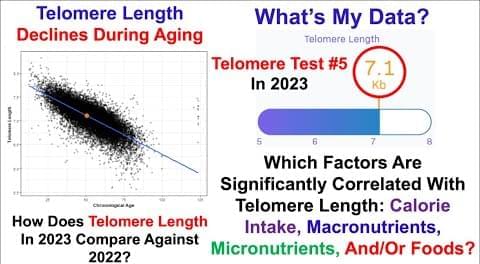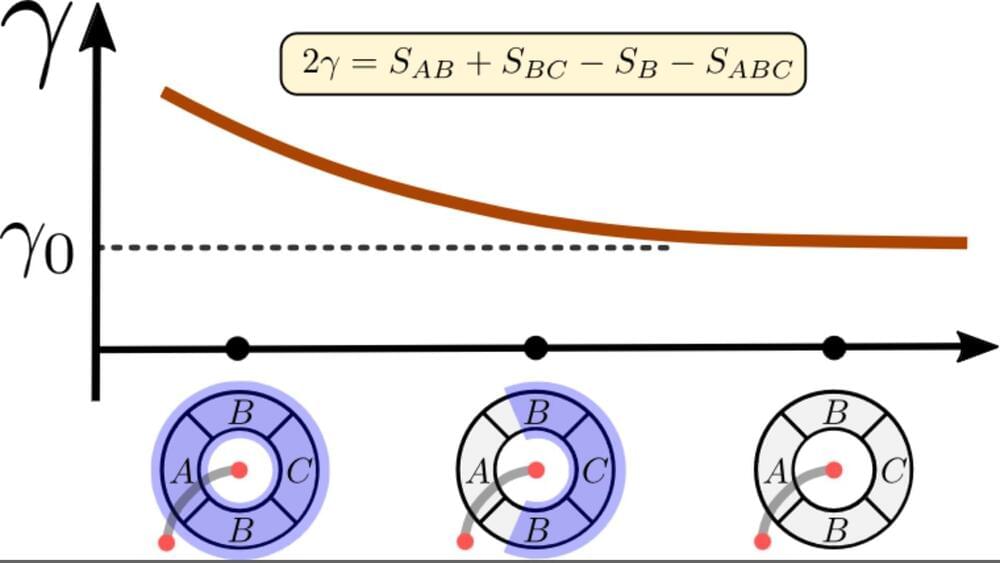Oct 29, 2023
Detecting Lung Cancer EARLY With AI: Dr. Lecia Sequist
Posted by Shubham Ghosh Roy in categories: biotech/medical, robotics/AI
Dr. Lecia Sequist is the Program Director of the Cancer Early Detection & Diagnostics Clinic at Mass General Cancer Center. For nearly 20 years, she’s specialized in lung cancer.
Observing first-hand the obstacles involved in current screenings of lung cancer, Dr. Sequist made a career switch to the research of early lung cancer detection. This led her to meet MIT professor, Regina Barzilay. Together, they created Sybil – an open-source AI tool that uses pattern recognition to predict one’s risk of lung cancer.
Continue reading “Detecting Lung Cancer EARLY With AI: Dr. Lecia Sequist” »





 Fyodor Urnov, PhD, is a pioneer in the field of genome editing and one of the scientists most invested in expanding the availability and utility of CRISPR-based therapies to the broadest possible population. He envisions a world in which genome editing can treat the nearly 400 million people who are suffering from one of the 7,000 diseases brought on by gene mutations.
Fyodor Urnov, PhD, is a pioneer in the field of genome editing and one of the scientists most invested in expanding the availability and utility of CRISPR-based therapies to the broadest possible population. He envisions a world in which genome editing can treat the nearly 400 million people who are suffering from one of the 7,000 diseases brought on by gene mutations.












